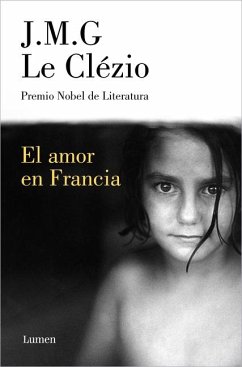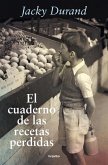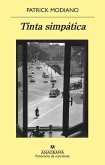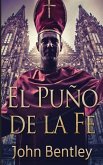El Premio Nobel de Literatura Le Clézio regresa con un libro «de una belleza inaudita' (La Grande Librairie): «un magnífico himno a la humanidad'. Télérama «Si hay un escritor que, como decía Borges de Shakespeare, podría ser todos los hombres, es sin duda Jean-Marie Gustave Le Clézio'. Andrés Seoane, El Cultural «Para mí --escribe Jean-Marie Gustave Le Clézio--, la escritura es ante todo un medio de acción, una manera de propagar ideas. La suerte que reservo a mis personajes no es envidiable, porque son unos indeseables, y mi objetivo es el de que nazca en el lector un sentimiento de revuelta contra la injusticia de lo que les sucede'. Esto es justo lo que consigue el el premio Nobel de Literatura, en estas ocho historias protagonizadas por unos jóvenes sedientos de aventuras, alegría y poesía que tratan de encontrar su identidad en una sociedad que no los acepta y que los condena al olvido. En el relato que inaugura la colección, «Anverso', Maureez Samson, una joven de Rodrigues (Mauricio), deberá afrontar el duelo tras la desaparición de su padre en el mar; la violencia, cuando su padrastro intenta violarla, y la realidad del convento en el que decide refugiarse, hasta que su don para la música le permita encontrar una razón para vivir. En «Camino de luz', una adolescente embarazada y un chico discapacitado huyen de un campo de niños esclavos creado por los «revolucionarios' marxistas de Perú. «La pichancha' narra las andanzas de unos chavales de la frontera entre México y Estados Unidos que atraviesan las alcantarillas para visitar el paraíso prohibido. En el cuento que da título a este libro, un joven inmigrante no vive más que por el amor a su familia, que se ha quedado al otro lado del mar, en Tata. ¿Sobrevivirán estos inolvidables héroes en un mundo de duras leyes y acerada modernidad? ENGLISH DESCRIPTION Le Clézio, winner of the Nobel Prize for Literature, is back with a book "of unprecedented beauty" (La Grande Librairie): "a magnificent hymn to humanity." Télérama "For me," writes Jean-Marie Gustave Le Clézio, "writing is more than anything a means of action, a way of propagating ideas. The fate I reserve for my characters isn't enviable, because they are undesirables, and my goal is to awaken in the reader a sense of rebellion against the injustice of what happens to them." This is precisely what the Nobel Prize-winning Le Clézio achieves in these eight stories. Their young protagonists are thirsty for adventure, happiness and poetry, seeking their identities in an unaccepting society that dooms them to be forgotten. In the first story of this collection, "Anverso" (Obverse), Maureez Samson, a young woman from Rodrigues (Mauritius), is in mourning following her father's disappearance at sea, an attempted rape by her stepfather, and the reality of the convent where she seeks shelter, until her musical talent gives her a reason to live. In "Camino de luz" (Path of Light), a pregnant teenager and a disabled boy flee a Marxist "revolutionary" camp of enslaved children in Peru. "La pichancha" (The Sewer) follows the journey of a group of young people on the US-Mexican border who use the sewer system to cross into the forbidden paradise of the north. In the title story, a young immigrant pines for the love of his family, whom he left behind in Tata, far across the ocean. Will these unforgettable characters survive a world of harsh laws and steely modernity?
Hinweis: Dieser Artikel kann nur an eine deutsche Lieferadresse ausgeliefert werden.
Hinweis: Dieser Artikel kann nur an eine deutsche Lieferadresse ausgeliefert werden.








